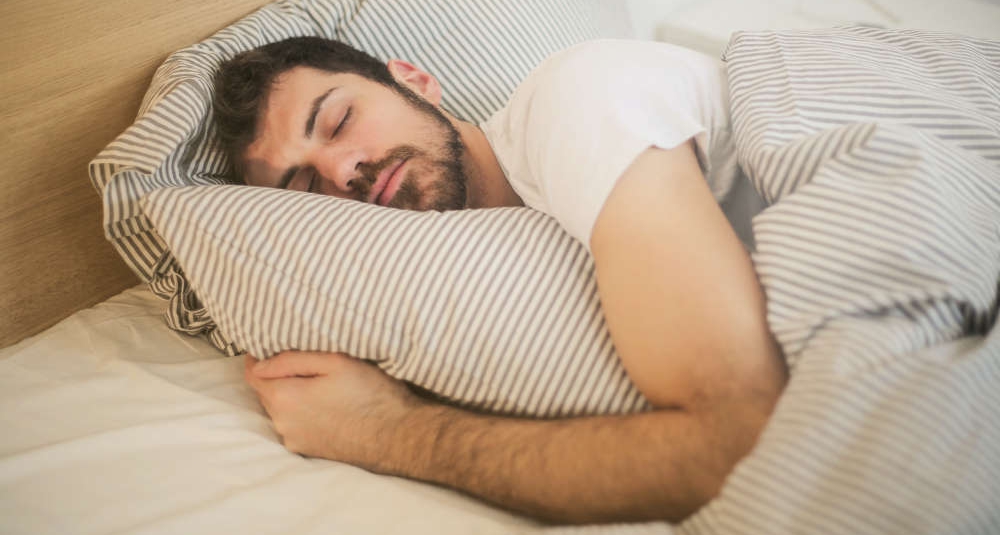
There are countless benefits to getting enough sleep and practicing good sleep hygiene. Sleep plays a crucial role in our overall health and well-being.
There are countless benefits to getting enough sleep and practicing good sleep hygiene. Sleep plays a crucial role in our overall health and well-being. It helps us feel refreshed and energized and plays a vital role in maintaining a healthy immune system, proper cognitive function, and emotional well-being.
One of the key benefits of getting enough sleep is improved cognitive function. During sleep, our brain processes and consolidates information, making learning and remembering new things more manageable. Lack of sleep, on the other hand, can impair our attention, concentration, and problem-solving abilities.
Sleep is also essential for maintaining a robust immune system. During sleep, our body releases proteins called cytokines, which help fight infections, inflammation, and stress. Inadequate sleep weakens the immune system, making us more susceptible to illnesses such as colds and flu.
In addition to the physical benefits, sleep also plays a crucial role in managing our emotions and mental well-being. When well-rested, we can better regulate our emotions, cope with stress, and maintain healthy relationships. On the other hand, lack of sleep can lead to increased irritability, mood swings, and even symptoms of depression and anxiety.
To ensure you get the most out of your sleep, it is crucial to practice good sleep hygiene. Here are a few tips to help you develop a healthy sleep routine:
1. Stick to a consistent sleep schedule: Try to go to bed and wake up at the same time every day, even on weekends. This helps regulate your body's internal clock, making it easier to fall asleep and wake up naturally.
2. Create a sleep-friendly environment: Ensure your bedroom is calm, dark, and quiet. Use earplugs, eye masks, or white noise machines to block disruptive noises or lights that may interfere with your sleep.
3. Avoid stimulating activities before bed: Engaging in stimulating activities such as exercise, consuming caffeine or nicotine, and using electronic devices right before bed can interfere with your ability to fall asleep. Instead, create a relaxing bedtime routine that includes reading a book, taking a warm bath, or practicing relaxation techniques.
4. Limit daytime napping: If you're having trouble falling asleep at night, try to limit daytime napping or keep it short (around 20-30 minutes). Long or late naps can disrupt your natural sleep-wake cycle and make it harder to fall asleep at night.
5. Manage stress: High stress levels can interfere with your ability to fall and stay asleep. Practice stress management techniques such as deep breathing, meditation, or journaling to help calm your mind before bed.
You can reap the numerous benefits of a good night's rest by prioritizing sleep and practicing good sleep hygiene. Quality sleep is the foundation of good health, productivity, and overall well-being. So make sleep a priority and enjoy all the benefits it has to offer.


 Country Music In 2025
Country Music In 2025
 Top Country Songs Of 2025
Top Country Songs Of 2025
 American Idol Stars Head To Albany, NY
American Idol Stars Head To Albany, NY
 Country Christmas - From Rockefeller Center To The Opry
Country Christmas - From Rockefeller Center To The Opry
 Suzy Bogguss To Sing In Cohoes, NY
Suzy Bogguss To Sing In Cohoes, NY















